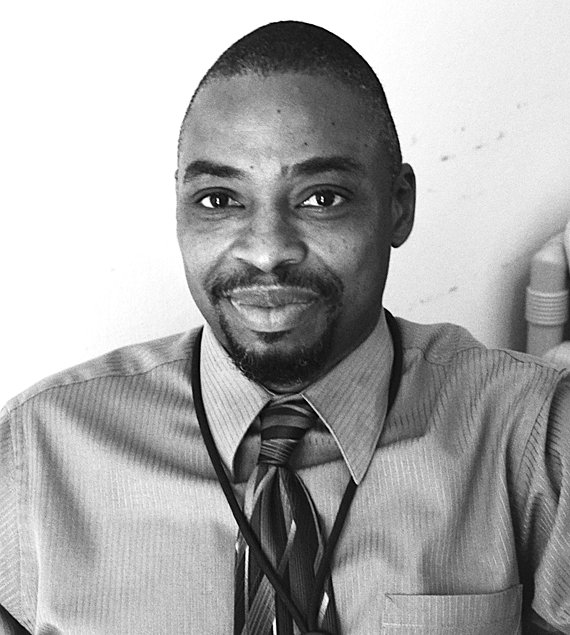At the beginning of a New Year many individuals take an interest in regular exercises or physical activity and often make this one of their New Year’s resolutions. For many it is an effort to lose some weight gained over the holidays, while for others there is a genuine wish to have regular physical activity to improve their health. Whatever the reason regular exercise is good for you.
Health benefits of regular exercise
The health benefits of regular exercise and physical activity are hard to ignore, and the benefits of exercise are yours for the taking, regardless of your age, sex or physical ability.
Regular physical activity can help protect you from the following health problems:
? Heart disease and stroke.
? High blood pressure.
? Noninsulin-dependent diabetes.
? Back pain.
? Osteoporosis.
? Selfesteem and stress management
? Obesity
Regular physical activity can also improve your sex life as well. Regular physical activity can lead to enhanced arousal for women. And men who exercise regularly are less likely to have problems with erectile dysfunction than men who do not exercise.
Getting started
For many, making that first step can be daunting. It is important to set clear goals for yourself. The goals might vary: it could be to swim on weekends, cycling on days of the week, walking on week days or run a marathon next year. There are lots of activities you could try, and you might discover you like something you never thought you could do. You might want to train for something really tough and out of your comfort zone. Do not be afraid take on the challenge.
Mix things up
You may get bored doing the same workout everyday, and after you do the same activity all the time for – 6 to 8 weeks – your muscles adapt to it. You burn fewer calories and build less muscle. Try interval training: step up your pace for a minute, then slow down, and repeat. Try strength training and cardio activities like swimming, indoor cycling and kickboxing.
Talk to your doctor
If you are not active now, talk to your doctor before you start exercising, especially if you are over 45 (men) or 55 (women). It is also a good idea to get a doctor’s recommendations if you have a health problem or take regular medications. To avoid injuries and burnout, start working out slowly: 3 days a week for 10-15 minutes. Then gradually add time and intensity.
Eat and drink well
Exercise burns extra calories and raises your metabolism. So eat every couple of hours — three meals plus healthy snacks. Before a workout snack on carbs (juice, fruit, or yogurt) for fast energy. After a long, tough workout, replenish with a carb/protein mix, like a peanut butter sandwich or a smoothie. Otherwise, keep your meals and snacks light. Try an apple and peanut butter, yogurt and nuts, or an egg on whole wheat toast.
Drink enough water
Unless your workout is really long or tough, you do not need a special sports drink with electrolytes. Water works just fine. Drink plenty of water. If you are dehydrated, your muscles may cramp, and you raise your risk of heat exhaustion and heatstroke. Two hours before you exercise, drink about 2 to 3 cups of water. During your routine, drink about 1 cup every 10-20 minutes. Keep drinking after you are done exercising as well.
Dress comfortable during exercise
You need the right clothes and shoes when you work out. It is not about looking good – it is about feeling comfortable. It is no fun to walk, run, or bike if you have flapping sleeves or flimsy shoes. Seek advice from professionals about the correct clothes and shoes. Ask the experts at a sporting goods store for help. Look for fabrics that draw moisture away from your body — not sweat-absorbing cotton. In cool temperatures, wear layers that you can peel off as you warm up.
Conclusion
Exercise and physical activity are a great way to feel better, gain health benefits and have fun. As a general goal, aim for at least 30 minutes of physical activity everyday. There are a number of activities you can choose from one that – you love and have fun doing. If you want to lose weight or meet specific fitness goals, you may need to exercise more. Remember to check with your doctor before starting a new exercise programme, especially if you have not exercised for a long time, have chronic health problems, such as heart disease, diabetes or arthritis, or you have any concerns.
Ask Your Doctor is a health education column and is not a substitute for medical advice from your physician. The reader should consult his or her physician for specific information concerning specific medical conditions. While all reasonable efforts have been made to ensure that all information presented is accurate, as research and development in the medical field are ongoing, it is possible that new findings may supersede some data presented.
Dr Brett Hodge is an Obstetrician/Gynaecologist and Family Doctor who has over thirty one years in clinical practice. Dr Hodge has a medical practice in The Johnson Building in The Valley (Tel: 264 4975828).








